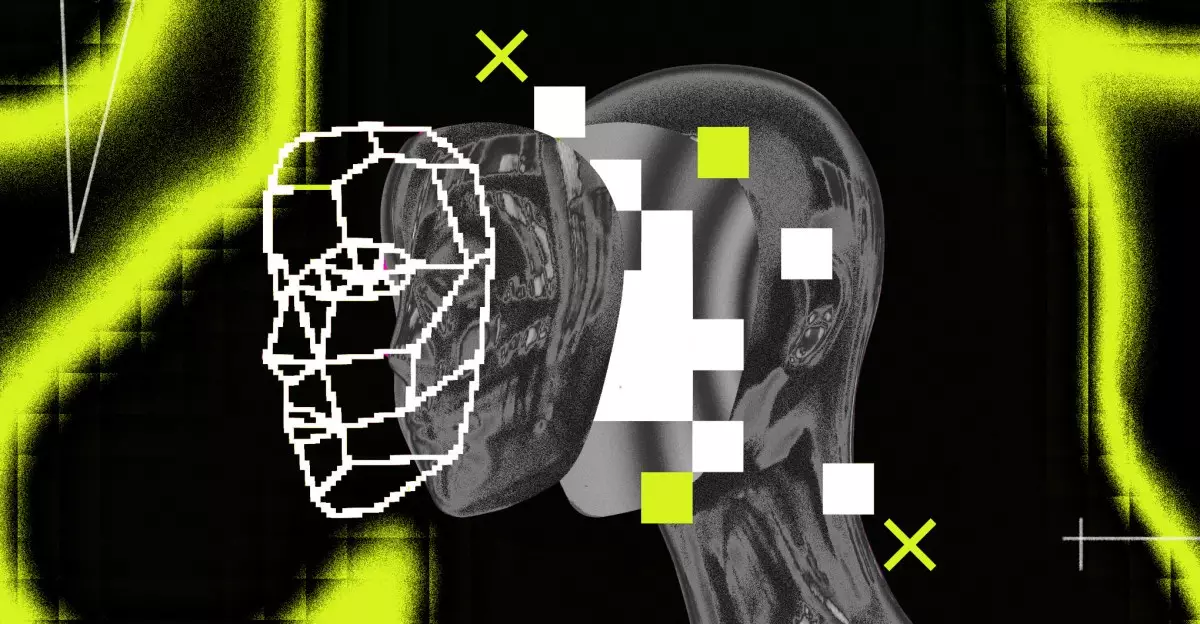The Take It Down Act, designed to combat the leaking and distribution of non-consensual intimate imagery (NCII), has quickly become a topic of heated discussion in political and social spheres alike. Sponsored by bipartisan figures, Senator Amy Klobuchar and Senator Ted Cruz, this legislation aims to tackle the rising tide of NCII, including digital creations such as deepfake pornography. The bill mandates criminal penalties against individuals who share NCII and holds social media platforms accountable for prompt removal, instigating a flurry of debate regarding its implications on free speech and the regulation of internet platforms.
This legislative move comes during an era where the misuse of AI technology has opened a Pandora’s box for privacy violations. Studies reveal that the anguishing effects of NCII extend beyond mere embarrassment; they can lead to severe emotional distress, career disruptions, and significant reputational damage. Thus, the necessity for protective measures seems compelling. However, amid this pressing need lies a potential threat—a worrisome dimension that this act could introduce into the fabric of free expression.
The Danger of Weaponization
At first glance, the Take It Down Act appears as a necessary tool for protecting individuals from online harassment and exploitation. However, analysts warn that it also represents an invitation to authorize censorship. In conversations with policy experts, one recurring theme emerges: the substantial risk of the bill being exploited by those in power, particularly by a figure like Donald Trump. Adi Robertson, a policy editor at The Verge, highlights this alarming potential, asserting that the legislation could serve as a selective weapon for the administration to silence dissenters and manipulate online discourse.
Trump has long been known for his antagonistic relationship with the media and his penchant for targeting those who criticize him. The worry is that under the guise of protecting victims, this administration could utilize the Take It Down Act to go after any speech it deems unflattering or hostile. When the law is subject to the interpretation of the powerful, it risks becoming a tool of oppression rather than a shield of protection, particularly when the political climate is frayed and heavily polarized.
The Ideological Hurdles
Enshrining guidelines on NCII in law presents the paradox of enforcing regulatory structures on something as multifaceted as online speech. Freedom of expression hinges on principles of equal application and fairness, yet the specter of selective law enforcement looms ominously. The core of democratic integrity lies in its impartiality, but the actions of Trump suggest an intent to bend these powers to settle personal vendettas, leaving the very fabric of equal justice threatened.
Moreover, with technology evolving faster than regulatory frameworks can keep up, the intricacies of defining what constitutes non-consensual intimacy become blurred. Are AI-generated images of a politician really akin to revenge porn? Legislators will have to navigate this thorny distinction while considering the broader implications on individual rights. The potential for conflation arises when the law lacks clarity and malice can masquerade behind the pretense of pursuing justice.
The Role of Social Media Platforms
Compounding the issue is the responsibility placed upon social media platforms in adhering to the regulations stipulated by the Take It Down Act. By mandating that these platforms remove NCII within 48 hours of a report, the act burdens companies with a challenging task—one that could motivate them to adopt inherently conservative approaches to content moderation. In a world where AI tools can automate harmful content’s production and dissemination, companies may become overly cautious, inadvertently stifling legitimate discourse to avoid hefty fines or reputational fallout.
This leads to a chilling effect, where users may feel deterred from expressing themselves for fear that their posts could be misinterpreted as abusive or harmful. The irony is that while the aim is to safeguard victims of NCII, the very law intended to protect freedom of expression may inadvertently claim myriad other voices in its grasp.
An Uncertain Future
As the fabric of online communication continues to unravel, lawmakers must consider the double-edged sword that the Take It Down Act represents. Can a balance be struck between protecting individuals and preserving a platform for free expression? Emerging technologies introduce new challenges that previous generations of laws failed to anticipate, necessitating thoughtful engagement from all stakeholders involved.
The conversation surrounding the Take It Down Act should catalyze critical reflection on where lines can and should be drawn—particularly when power dynamics distort the application of laws affecting public discourse. Safeguarding citizens’ rights and combating abuse online is an urgent necessity, but doing so without endangering the principles of free expression remains a challenge that society must confront head-on.


Leave a Reply